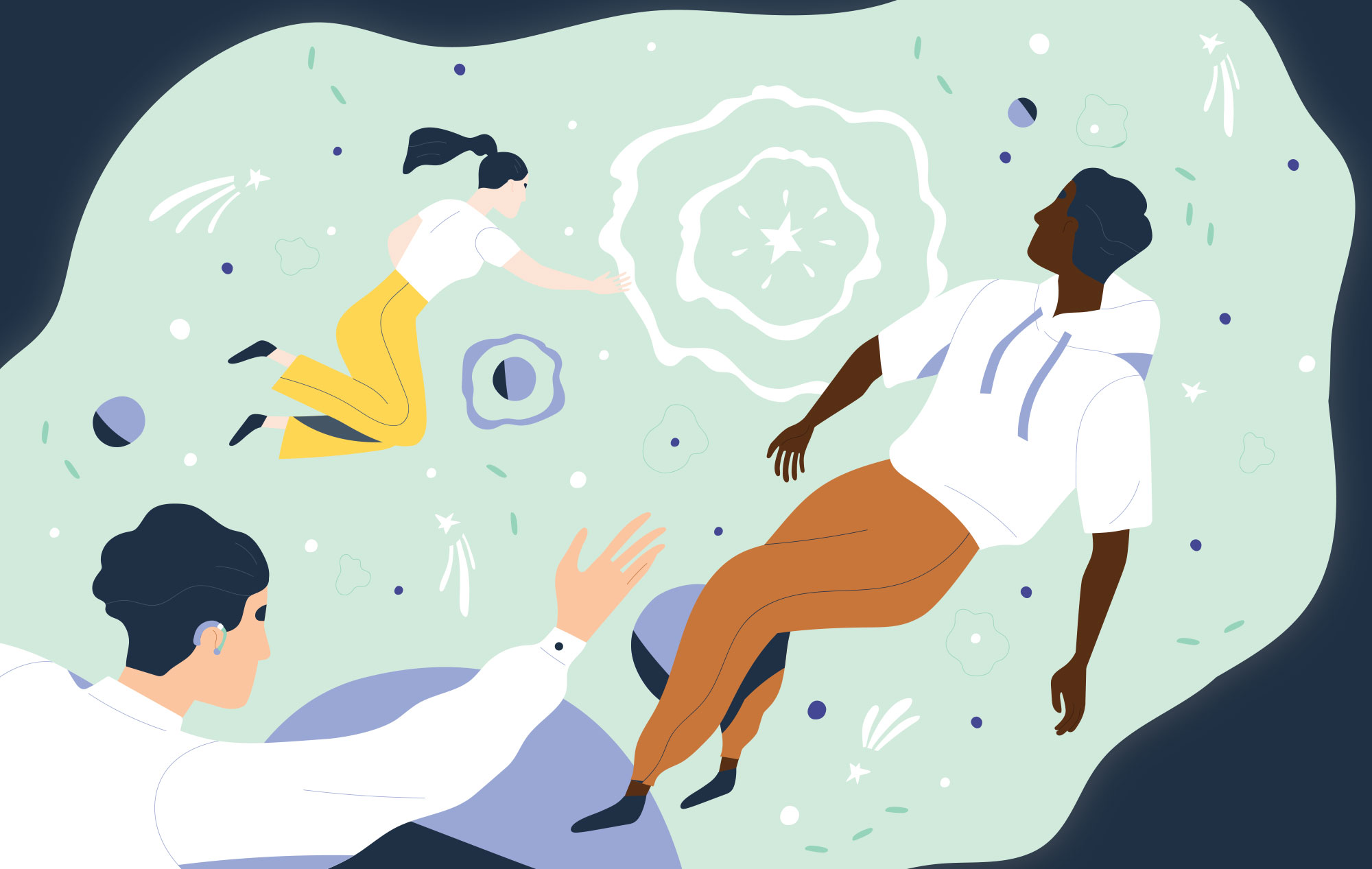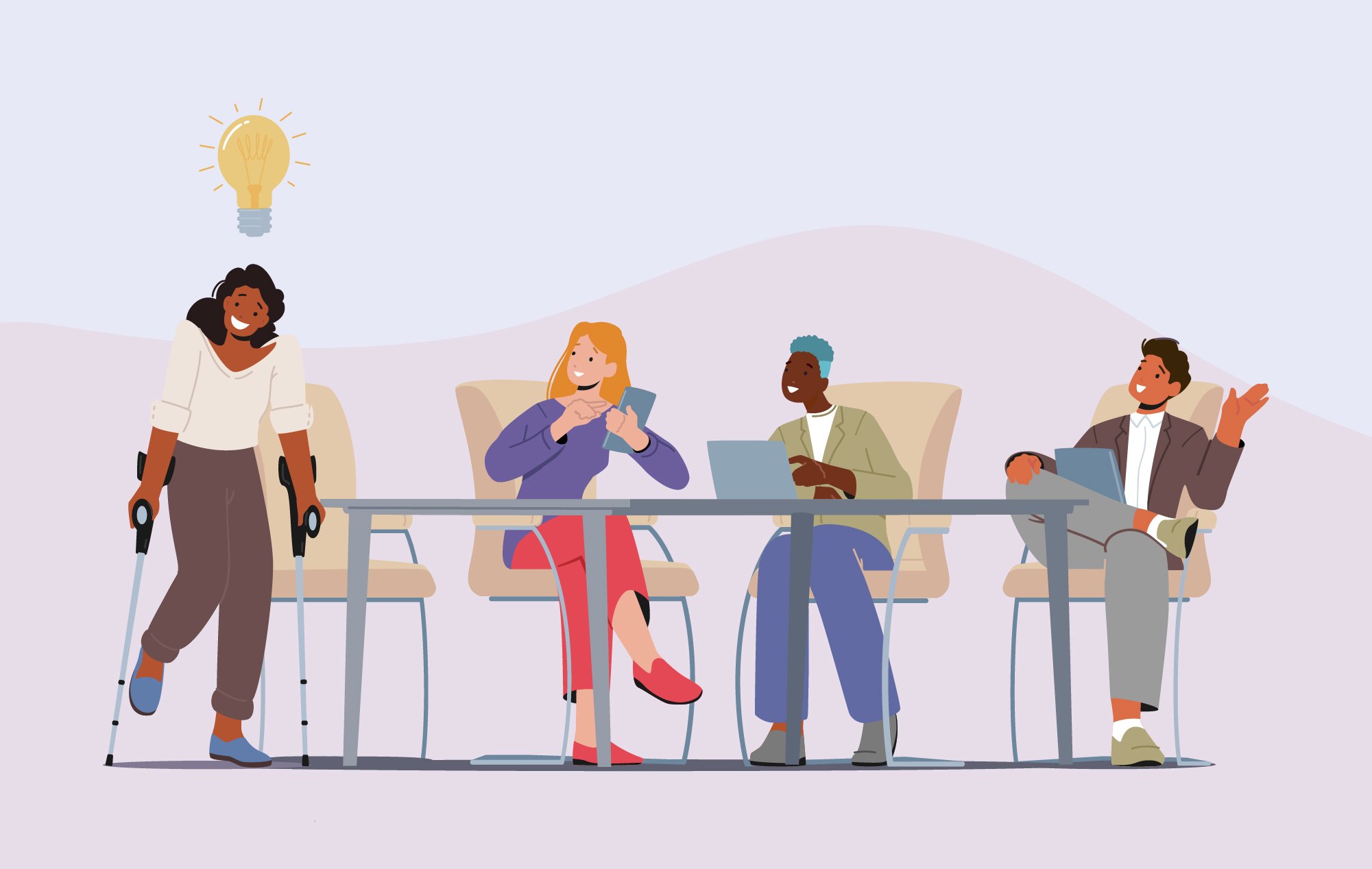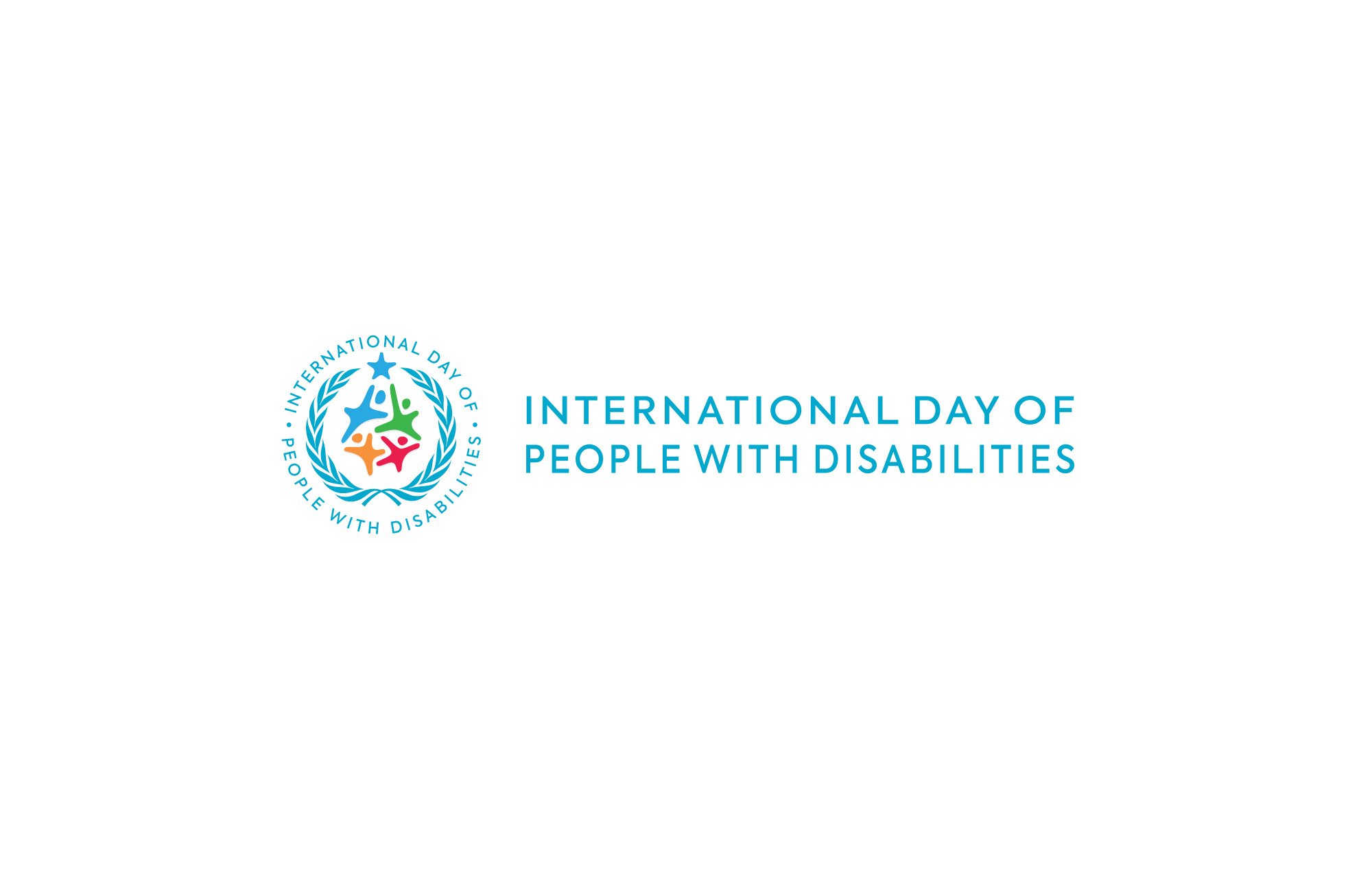Learning disabilities can make routine tasks more difficult, forcing individuals to adapt their approaches and techniques based on their unique abilities and needs. Because learning disabilities include a wide range of conditions and potential symptoms, no two people will share the same experiences. Each learning disorder has distinct signs, and they do not appear consistently across all those with the same condition. Not only does this make an initial diagnosis difficult, but it can contribute to misconceptions and judgment from the general population.
While it is critical to remember that symptoms, comorbidities, and coping mechanisms vary, we’ll outline some of the challenges individuals with learning disabilities may face and highlight common strategies utilized by community members to address them.
Common Symptoms of Learning Disabilities
As aforementioned, symptoms vary, even among those with the same condition. Dyslexia is usually associated with reading and writing, dyscalculia with math, dysgraphia with fine motor skills, nonverbal learning disorder with reading nonverbal social cues, and oral/written language disorder and specific reading comprehension deficit with spoken and written communication.
Symptoms may also overlap between conditions. Here are a few examples:
Difficulties Reading & Writing
- Misspelling Words
- Reading or Writing Slowly
- Misreading Information
- Poor Handwriting
- Misunderstanding Discussions
- Struggling to Express Complex Thoughts
- Difficulty With Semantic Processing
- Understanding Nonverbal Cues
Math Processing Problems
- Challenges With Calculations & Telling Time
General Difficulties
- Working as Quickly
- Remembering Things Clearly
- Understanding Abstract Concepts
- Adapting Skills to Different Contexts
- Following Directions Accurately
- Coordination
Executive Functioning Issues
- Organization
- Planning
- Attention to Detail
- Time Management
- Other Higher-Level Cognitive Functions
Comorbid Conditions Common With Learning Disabilities
Anxiety
- Anxiety refers to intense, frequent concerns related to everyday situations or activities.
ADHD
- Individuals with attention-deficit/hyperactivity disorder (ADHD) typically struggle to focus and may experience hyperactivity and difficulties controlling their behavior.
Dyspraxia
- This condition leads to difficulties with coordinated movement, speech, and language.
Other Issues Individuals With Learning Disabilities Frequently Experience
In addition to the direct effects of learning disabilities and their comorbidities, individuals often experience other problems as a result of their conditions.
Barriers to Digital Accessibility
Whether utilizing the internet to purchase clothes and home goods, communicate with friends and relatives, or even simply read the latest news, people with learning disabilities face countless challenges regarding accessibility and digital inclusion due to poor website designs and lack of consideration for the unique needs of all users, accessibility advocate and full stack software engineer Seren Davies, who is dyslexic, tells InclusionHub.
“Some examples of barriers people can face are poor colour contrast, not being able to read text or tell pass and fail apart as it is just using colour,” she explains. “Not being able to highlight text to guide themselves along while reading or have assistive technology read the text to them. Having sites and software not friendly for screen-readers to use, they miss out on lots of content as it is not being read aloud.”
Though there’s no one-size-fits-all fix to remedy all the digital accessibility issues faced by the learning disabled, developers should include members of this and other disabled communities when designing websites and associated services, and incorporate advice and suggestions from the Web Content Accessibility Guidelines (WCAG) regarding their design, context, structure, language, usability, and other areas.
Special Education Services
Although an estimated 5 to 9 percent of Americans have learning disabilities, the education system is generally not designed to accommodate different learning styles, resulting in ineffective teaching. This is especially true for students who have not yet received a formal diagnosis. While they may learn differently than other students, however, they’re often highly intelligent.
Dyslexia expert Susan Barton, founder of research and support group Bright Solutions for Dyslexia and publisher of the Barton Reading & Spelling System, explains in the documentary Embracing Dyslexia: “These kids can learn fine. They’re outstanding students. They can learn all kinds of things if they’re taught in a way that makes sense to them.”
Microaggressions
“In today’s society, dyslexia has a stigma, and it’s almost always assumed to be an obstacle,” Ryan Conlan, an associate account strategist at Google who is dyslexic, explains in his TEDx talk “The Secret Upside of Dyslexia: Not a Disability but a Superpower.”
Many people misunderstand learning disabilities, fail to recognize the symptoms, and/or perpetuate unfounded conclusions about individuals, which frequently manifest as microaggressions—intentional or unintentional verbal and behavioral slights denigrating stigmatized groups.
In an article for educational platform Everyday Feminism, Denarii Monroe, who identifies as having a learning disability, writes: “Unfortunately, many people don’t understand how deeply a learning disability can affect a person’s life. This can lead to things like...microaggressions...which simply compound our struggles.”
Low Self-Esteem
For learning disabled children, struggling in school combined with microaggressions often results in low self-esteem.
Space scientist Dr. Maggie Aderin-Pocock tells international charity Made By Dyslexia: “When I got to school...I just felt incredibly dumb, and it really felt as if all of my amazing dreams were just coming to naught. It was just crashing to the ground.”
Dyslexic business magnate and Virgin Group founder Sir Richard Branson echoes similar sentiments: “I think that if you’re not good at conventional work at school, you’re made to feel stupid. I was actually...beaten at school regularly by the headmaster for not being able to do my work right.”
Coping Mechanisms
In response to the difficulties they face, many individuals with learning disabilities develop strategies to help them not only cope, but thrive.
Working Differently
Individuals with learning disabilities often adjust how they work to maximize efficiency by adopting personalized methods.
At a leadership conference hosted by nonprofit Dyslexia Advantage, comedian Liz Miele, who has dyslexia, explains: “At first it’s hard, but then you just start finding different solutions and you start catering things to your own mind.”
Learning disability influencer Jacquelyn Taylor tells InclusionHub: "Many teaching methods and explanations that teachers use don’t connect well with our brains...we have to think outside of the box and come up with strategies that help us better understand the material."
For many with dyslexia, this may mean relying on audiobooks, using graphics-heavy books, underlying words as they read, or other strategies.
"When I need to study for tests, I make my own flashcards, which I tailor to my own learning style," says Taylor. "One of my accommodations that I have found very helpful is having extra time on assignments and tests. It’s less stressful because I know I don't have to rush to complete the task."
Because everyday tasks often require significantly more effort, frequent breaks may also be invaluable. Some individuals with learning disabilities are accustomed to putting in additional effort—something that may transcend to everyday tasks, overall.
Actress Keira Knightly tells Made By Dyslexia: “I think because of my dyslexia, my work ethic has always been really high.”
Maintaining a Sense of Humor
Humor can be extremely helpful in getting through stressful situations—not just for the learning disabled community, but for everyone. Daily struggles coupled with persistent stigmas can be demoralizing, but laughter can be a powerful coping mechanism, and also help unite one another.
According to Hayley Butcher of the Dyslexia the Gift Blog: “The presence of humour amongst and within dyslexics can really help promote group togetherness, mutual understanding and empathy for fellow members of the dyslexic, and by extension, neurodiverse community.”
Accessing Resources
While the learning disability community continues to face hurdles in both managing perceptions and navigating online and offline resources incompatible with neurodiversity, there have been great strides toward helping individuals achieve their maximum potential. Schools, community and advocacy groups, and nonprofits provide additional tools, advice, and support to promote a brighter future for those with learning disabilities. (We provided helpful links to many throughout this article!)
“Today there’s so many different things that support dyslexics,” Dr. Maggie Aderin-Pocock tells Made By Dyslexia. “And so if you can tap into those and utilize those, then you can excel no matter where you are.”
Want to learn more about web accessibility for different communities? InclusionHub is your go-to source for tools, resources, and information. Meanwhile, our guide “Improving Digital Inclusion & Accessibility for Those With Learning Disabilities” provides an overview of learning disabilities and the importance of digital inclusion.






Leave a Comment